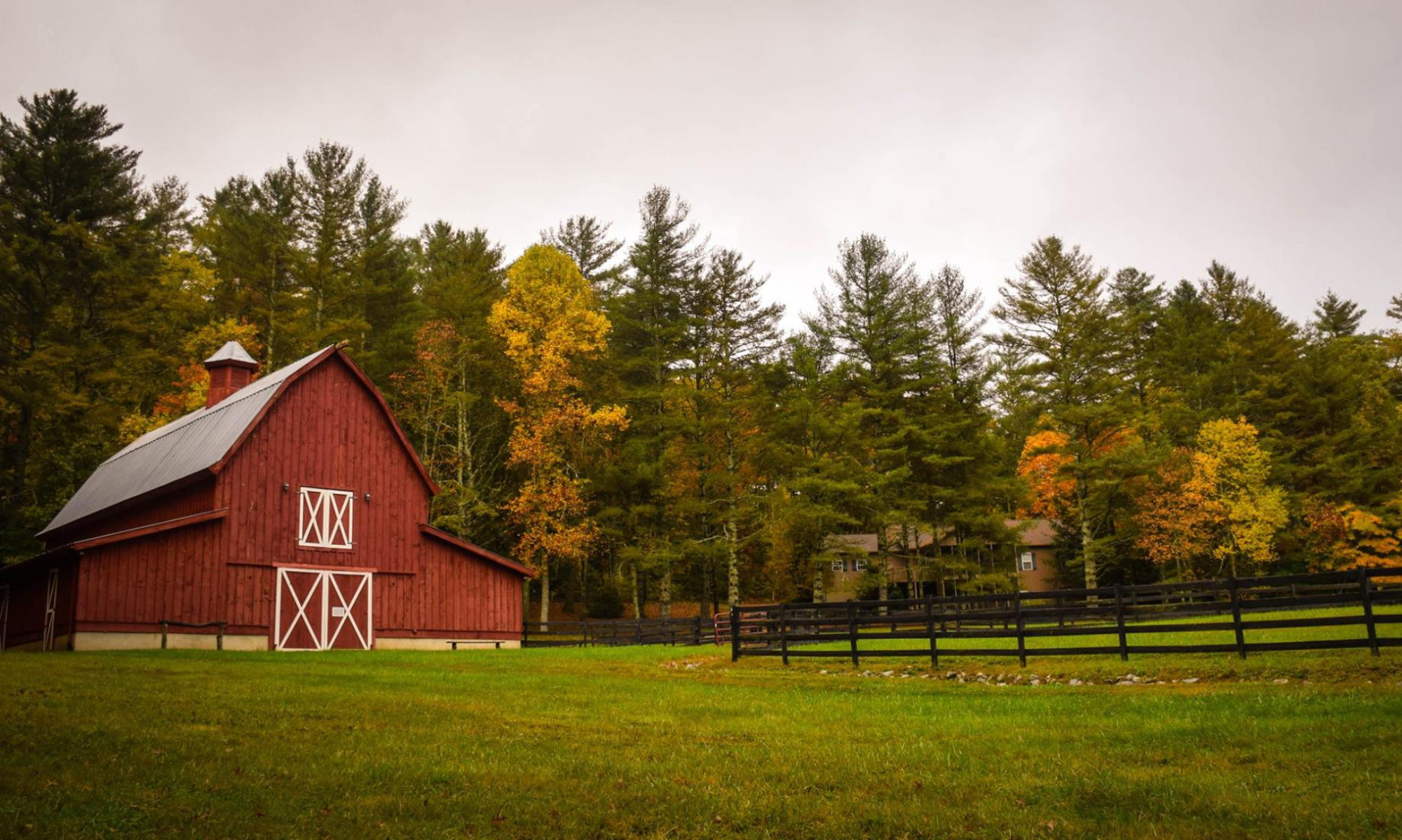National Public Radio had an excellent report on the Conservation Security Program (CSP) on Morning Edition this morning. Check out the web extra and listen to the report later today here.
The federal government is expected to pay $24 billion in farm subsidies this year. Critics, including quite a few farmers, say taxpayers shouldn’t pay for corn or cotton surpluses. Instead, they say the funds should go toward things that benefit the public, such as cleaner water and a healthier environment.
The CSP is a new initiative. It pays farmers to give the environment a helping hand. Farmers can qualify for payments if they can show that they’ve done a good job protecting the environment in the past. They must also show that they’re preventing manure or other fertilizer from running into streams, and that they’re conserving soil and minimizing pesticide use.
Once they qualify, farmers can get extra points — and higher payments — for doing additional things that provide habitat for wildlife or protect streams and groundwater. They include cutting back on fertilizer or pesticides, converting crop land into permanent pasture, or building windmills to supply the farm with energy.
The CSP—if fully enacted—would go a long way toward needed reforms in U.S. farm subsidies. This includes the current debate over cotton subsidies.
